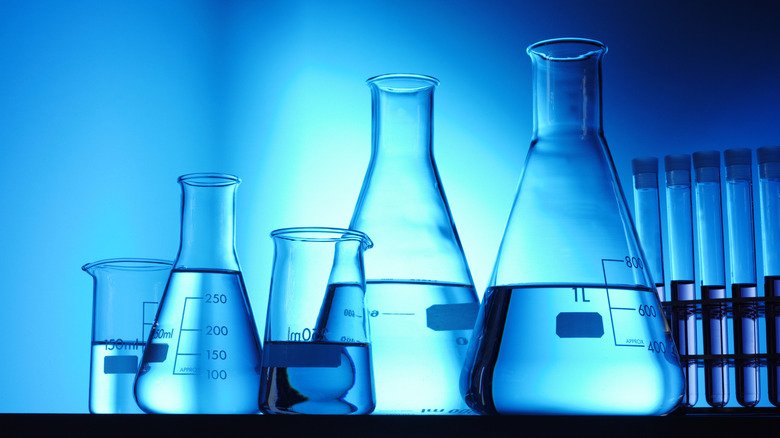How To Convert Ppm To Micrograms Per Cubic Meter
Unit conversion is a very important part of lots of different activities: cooking, building things, or even sending humans into space. Unit conversion mistakes such as incorrectly converting from fluid ounces to cups for a recipe could lead to an inedible dinner; more serious mistakes could lead to problems such as car accidents or poorly constructed bridges. However, careful consideration while converting between units can prevent such disasters.
What are micrograms per cubic meter?
Micrograms are a unit of mass, and cubic meters describe volume. Therefore, micrograms per cubic meter is a mass per volume. A quantity with these dimensions is often called density.
A microgram is 1/100,000 of a gram. For reference, imagine a raindrop; we can estimate that the volume of the raindrop is approximately 1 milliliter. Because the density of water is 1 gram per 1 milliliter, the raindrop has a mass of about 1 gram. Therefore, a raindrop that has a mass of 1 microgram would be 100,000 times smaller.
What is a part per million?
Parts per million (PPM) is named for exactly what it represents: It is one in a million. Let's dive into this to really understand how to use PPM. Parts per million could be considered a concentration, which is similar to density. A concentration describes how much of one quantity is present in a substrate material. Usually, the substrate will be air or water.
It may be easiest to understand these units with an example. Imagine we need to measure pollution in the air, where pollution is defined as molecules other than what we would normally consider a part of "air." For an ideal gas, the definition is therefore one unit of volume of the pollutant gas, to 1 million volumes of air. A common reformulation of this statement to make it more concrete is to pick a common unit of volume: liters. Therefore, a PPM is often defined as 1 microliter of gas per 1 liter of air.
The basic definition also holds when considering a solute in water. A concentration that is described in PPMs is therefore 1 volume unit of solute per 1 million volume units of water. While the density of water changes based on how pure it is, at standard atmospheric pressure and temperature, the density of water is 1,000 kilograms per meters cubed. Therefore, 1 PPM = 1 microgram per 1 kilogram of water.
References
Converting from microgram per meter cube to PPM
Using the information we just learned, we can determine a quick formula to convert between PPM and microgram per meter cubed. First, to convert from PPM to microgram per meters cubed, determine how many kilograms of water fit into 1 meter cubed. From the density of water, it is clear that 1 meter cubed of water has a mass of 1,000 kilograms. Therefore, 1 PPM = 1,000 micrograms per meter cubed. Similarly, 1 microgram per meter cubed = 0.001 PPM.
To quickly convert from PPM to micrograms, multiply by 1,000. If you have 2 PPM of a solute in solution, the concentration is 2,000 micrograms per meter cubed. Similarly, to convert from micrograms per meter cubed, divide the concentration by 1,000. A concentration of 30 micrograms per meter cubed therefore equals 0.03 PPM.
By remembering important quantities such as the density of air and water at standard conditions, it is possible to convert from micrograms per meter cubed to PPM by simply multiplying or dividing by the conversion factor.
